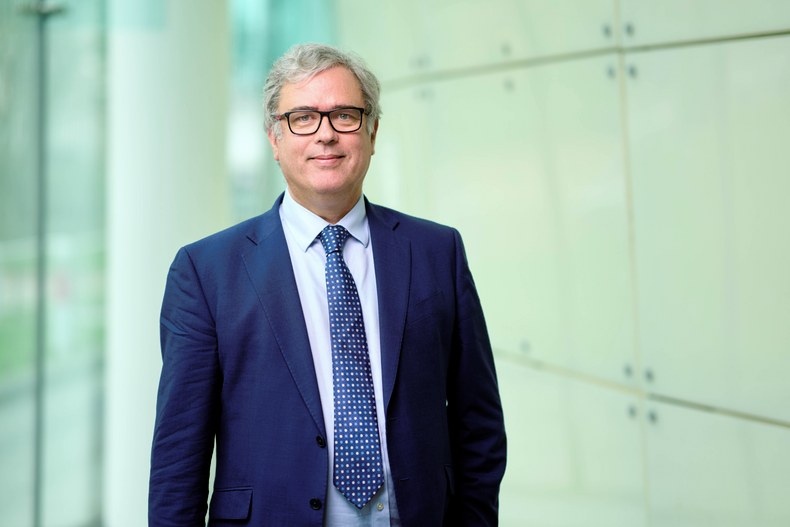Lecturer reveals how a simple physics model helped shape the future of AI

Artificial intelligence and how it has been influenced by a 100-year-old theory about magnetism will be explored in an inaugural lecture at Aston University.
Professor Damien Foster (pictured) will explain the influence of a simple physics theory called the Ising model.
It was formulated in the early 20th century to explain the behaviour of magnetic materials.
However, its impact has extended far beyond physics, providing critical insights into AI.
The professor will explain how it has played a crucial role in associative memory and deep learning, influencing the groundbreaking work of sector pioneers like John Hopfield and Geoffrey Hinton who were awarded the Nobel Prize for their contributions in 2024.
The lecture which will be held at the University, starting at 6pm, will dive into the connections between physics and artificial intelligence. Attendees will gain a deeper appreciation of how interdisciplinary research continues to shape the future of artificial intelligence.
Professor Foster said: “I have always been fascinated in understanding how things worked and am enthusiastic about sharing my knowledge.
“I am very excited to be discussing the Ising model which is a perfect example of how fundamental physics can shape technological revolutions.
“From its roots in theoretical physics to its influence on modern machine learning, this model continues to help us understand complex systems and artificial intelligence.”
Professor Foster joined Aston University in 2022 as head of the School of Informatics and Digital Engineering in the College of Engineering and Physical Sciences.
His research lies in the field of statistical physics applied to phase transitions and criticality in magnetic and polymer systems. It also aims to apply the methods of statistical physics to problems related to static and dynamic biological phenomena.
He has lived abroad almost half his life, including research positions at the CEA (Saclay) in France and the University of Pittsburgh and associate professor in physics at the University of Cergy-Pontoise, France.
During his time there he was actively involved in curriculum development and pedagogy, and he helped set up several degrees, most notably the first undergraduate degree in France in computational physics. Initially he studied mathematics at the University of Edinburgh but graduated in 1989 with a first-class honours degree in mathematical physics, followed by a doctorate (DPhil) in theoretical physics from the University of Oxford.
The free event will take place on the University campus at Susan Cadbury Lecture Theatre on Wednesday 12 March from (6.30pm to 7.30pm) and will be followed by a drinks reception. The event can also be viewed online.
To sign up for a place in person visit HERE. To sign up for a place online visit HERE.

